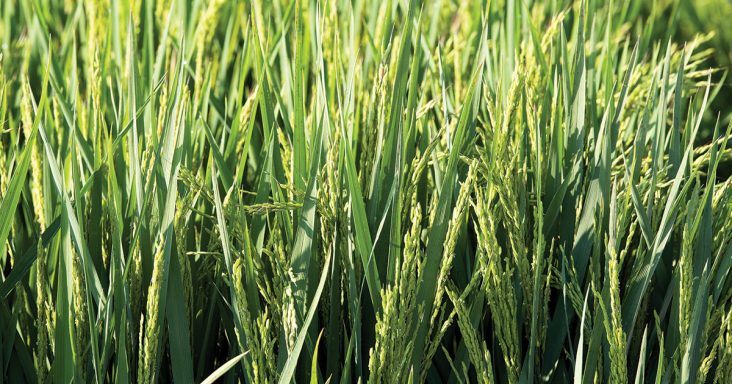Riceland Foods to reduce water usage by 250 billion gallons by 2025
by September 17, 2020 8:39 am 1,291 views

Riceland Foods announced Thursday (Sept. 17) that it would work with its farmer members to reduce water usage in rice production by 250 billion gallons by 2025 across its grower footprint in Arkansas and Missouri.
As the world’s largest farmer-owned rice milling and marketing cooperative, Riceland Foods and its members plan to achieve this sustainability goal through the promotion, adoption and implementation of efficient irrigation tools and techniques.
“Our rice farmers depend on water. We, as a cooperative, depend on large volumes of rice. We see this as an opportunity to work with our members, not only to achieve our collective goal, but to work with our valued customers to help them achieve their goals, too,” said Ben Noble, Executive Vice President and Chief Operating Officer. “Setting a water utilization reduction goal offers the unique ability to impact multiple sustainability metrics through various management practices including greenhouse gas emissions, land usage, biodiversity, and more.”
Water usage efficiency has been a focal point of the U.S. rice industry for years. According to the USA Rice Federation’s sustainability report, U.S. rice farmers were able to reduce their irrigation water utilization by 52% from 1980 to 2015.
With Arkansas and Missouri accounting for over half of the U.S. rice crop, Riceland members played a significant role in these reductions. With the data and technology available today, Riceland members will be able to take irrigation efficiency to a whole new level.
In January 2020, Riceland announced Irrigation Water Management as its inaugural sustainability theme. Over the past eight months, Riceland has partnered with the University of Arkansas, Arkansas Natural Resources Conservation Service and Delta Plastics to promote sustainable irrigation water management throughout the cooperative’s membership, as well as the supply chain.
“Arkansas’ rice community is committed to exploring and implementing practices from the farm to the table that are more efficient and sustainable. Reducing water usage by over 50% in the past few years is just one example of that ongoing commitment, and we are proud of the role Riceland and other members are playing to continue that progress,” said Kelly Robbins, executive director of Arkansas Rice, which promotes the state’s rice industry and checkoff program.
